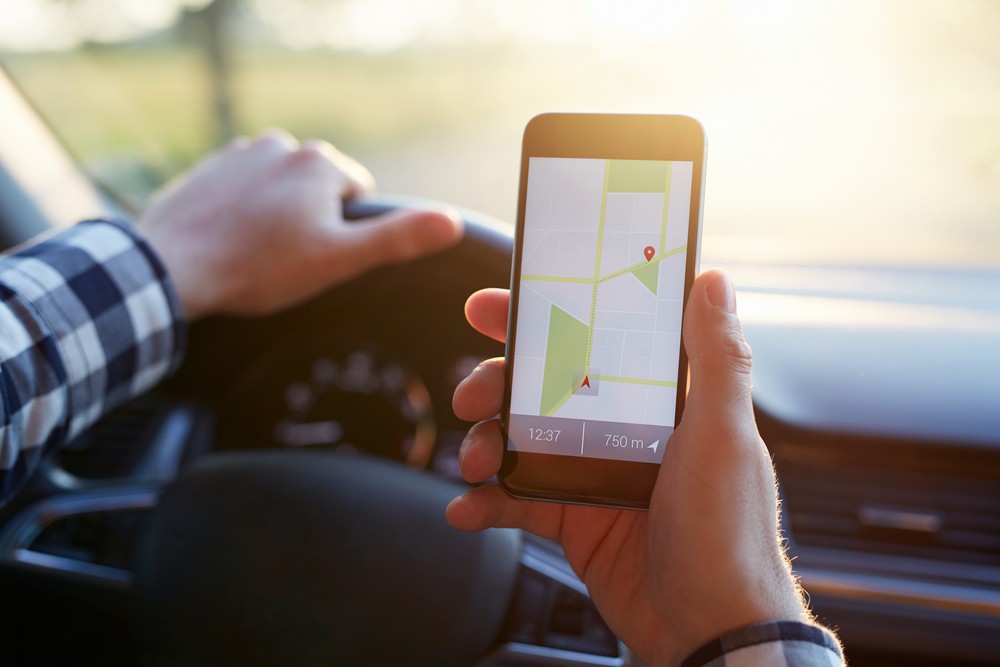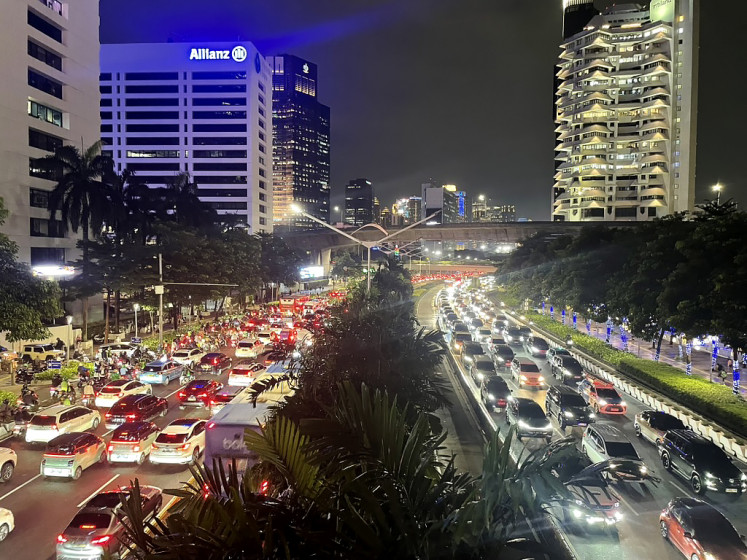Popular Reads
Top Results
Can't find what you're looking for?
View all search resultsPopular Reads
Top Results
Can't find what you're looking for?
View all search resultsFour negative effects of technology on your brain
Thanks to technology, people can do almost everything with just their fingertips. On the other hand, technology also has its negative effects.
Change text size
Gift Premium Articles
to Anyone
T
hanks to advancements in technology over the past few years, people can do almost everything with just their fingertips, such as checking on their children at school via a CCTV application or exploring the solar system with Google Maps.
On the other hand, technology also has its negative effects.
As compiled by Reader’s Digest, here are four negative impacts of technology.
GPS apps & accident risk
GPS has become a must-have when going anywhere, as it helps travelers navigate unfamiliar routes. However, constantly looking down at a GPS app while driving can cause an accident.
A study published in 2012 in the Journal of Cognitive Neuroscience discovered that the human brain has a limited capacity in processing information at one time. Hence, a GPS app can distract the driver from focusing on the road as they try to recall the on-screen directions, so can cause a higher risk of accidents.
Halfalogs & concentration
One might feel distracted when hearing someone next to them talking on a phone. A study by the University of San Diego says this feeling is natural, as the brain tries to fill in the blanks in a halfalog – one half of a conversation.
This situation draws in people’s attention, making it hard for them to concentrate on their present activity.
Read also: Digital technology can reduce income gap: Minister
On-screen reading & memory
For some people, reading books on Kindle has become a way of life, as they can read anytime, anywhere.
However, according to a study published on ResearchGate, bookworms who read a short story printed on paper could remember more details compared to those who read it on a Kindle.
Anne Mangen, the study’s lead researcher from the University of Stavanger in Norway, said that in addition to the visual sense, those reading on paper have a tactile sense of progress as they touch and manipulate the pages. This sense is not replicated in flipping through digital pages with the swipe of a finger.
“[The differences for Kindle readers] might have something to do with the fact that the fixity of a text on paper, and this very gradual unfolding of paper as you progress through a story, is some kind of sensory offload, supporting the visual sense of progress when you're reading,” said Mangen.
Autocorrect & editing skills
It is fun to read articles about “Funny Autocorrect Fails” on Buzzfeed and the like. Putting aside the fun part, autocorrect could actually worsen your grammar and proofreading skills.
The brain is said to be able to understand words as long as the first and last letters are correct. However, once it grows more familiar with typos and grammar mistakes, people may stop seeing the difference between what's correct and what's not, leading to a failure in noticing their own mistakes while proofreading. (jes/kes)











